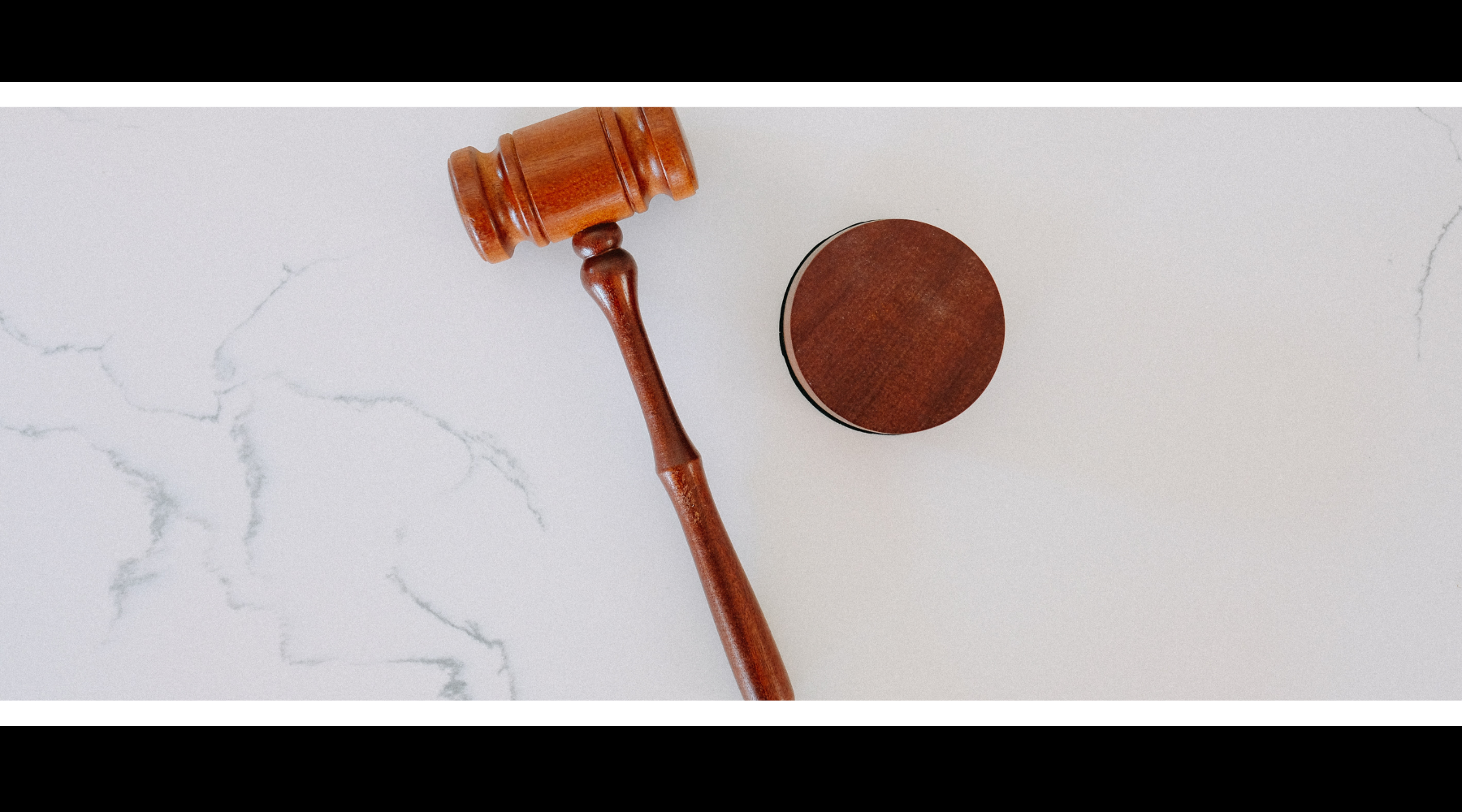Personal injury cases arise when an individual suffers harm due to the careless or intentional actions of another person or entity. In such cases, negligence plays a crucial role in determining the liability of the at-fault party. Negligence refers to the failure of a person or entity to exercise reasonable care, resulting in harm to another person. In this blog article, I address the role of negligence in personal injury cases.
Elements of Negligence
To prove negligence in a personal injury case, the plaintiff (injured party) must demonstrate the following elements:
Duty of Care
The defendant (at-fault party) had a legal duty to exercise reasonable care to prevent harm to others.
The first element of negligence is duty of care. This means that the defendant had a legal obligation to take reasonable steps to prevent harm to others. The duty of care may arise from a legal obligation, such as a doctor’s duty to provide competent medical care, or from a relationship between the parties, such as a driver’s duty to other motorists and pedestrians.
Breach of Duty
The defendant breached their duty of care by failing to act as a reasonable person would have in similar circumstances.
The second element of negligence is breach of duty. This means that the defendant failed to meet their duty of care by acting unreasonably in the circumstances. The standard of care is that which a reasonable person would have exercised in similar circumstances. For example, if a driver was texting while driving and caused an accident, they breached their duty of care by acting unreasonably.
Causation
The defendant’s breach of duty caused the plaintiff’s injuries.
The third element of negligence is causation. This means that the plaintiff must prove that the defendant’s breach of duty caused their injuries. There are two types of causation: actual cause and proximate cause. Actual cause means that the defendant’s actions were the direct cause of the plaintiff’s injuries. Proximate cause means that the defendant’s actions were the foreseeable cause of the plaintiff’s injuries.
Damages
The plaintiff suffered damages as a result of the defendant’s breach of duty.
If the plaintiff can prove all these elements, they can establish that the defendant was negligent and, therefore, liable for their injuries.
The fourth and final element of negligence is damages. This means that the plaintiff must have suffered actual harm or damages as a result of the defendant’s breach of duty. Damages may include physical injuries, emotional distress, lost wages, medical expenses, and other losses.

Role of Negligence in Personal Injury Cases
Negligence plays a crucial role in personal injury cases as it determines the liability of the at-fault party. If the plaintiff can prove that the defendant was negligent, they can recover damages for their injuries. However, if the plaintiff cannot prove negligence, they may not be able to recover any compensation.
In some cases, the defendant may argue that the plaintiff was also negligent and that their own actions contributed to their injuries. This is known as comparative negligence. In such cases, the court will determine the percentage of fault of each party and reduce the plaintiff’s damages by their percentage of fault. For example, if the plaintiff was 20% at fault and the damages were $100,000, they would only be able to recover $80,000.
Alabama does not follow the comparative negligence doctrine, instead Alabama uses the doctrine of contributory negligence. Contributory negligence is a legal defense that the defendant may use to argue that the plaintiff’s own actions contributed to their injuries.
Under the doctrine of contributory negligence, if the plaintiff was even slightly at fault for their injuries, they may be barred from recovering any damages. This means that if the plaintiff was negligent in any way, they cannot recover any compensation from the defendant, even if the defendant was more at fault. Contributory negligence is a harsh rule that has been replaced in many jurisdictions by the doctrine of comparative negligence, which allows the plaintiff to recover damages even if they were partially at fault.

Conclusion
Negligence is a critical element in personal injury cases as it determines the liability of the at-fault party. To prove negligence, the plaintiff must establish that the defendant had a duty of care, breached their duty of care, caused the plaintiff’s injuries, and that the plaintiff suffered damages. If the plaintiff can prove negligence, they may be able to recover damages for.
This article is not to be considered as legal advice. If you’ve been injured, don’t hesitate to call Chris Baldwin law. We handle personal injury cases and offer free consultations. Chris will walk with you every step of the way. Click Here to schedule your free consultation. You can also schedule your free consultation simply by calling us at 334-863-4555.
To learn more, check out our article “The Simple Steps You Must Take After a Car Accident.” This article addresses simple steps you must take after a car accident to protect yourself financially…and why those simple steps are often overlooked.






